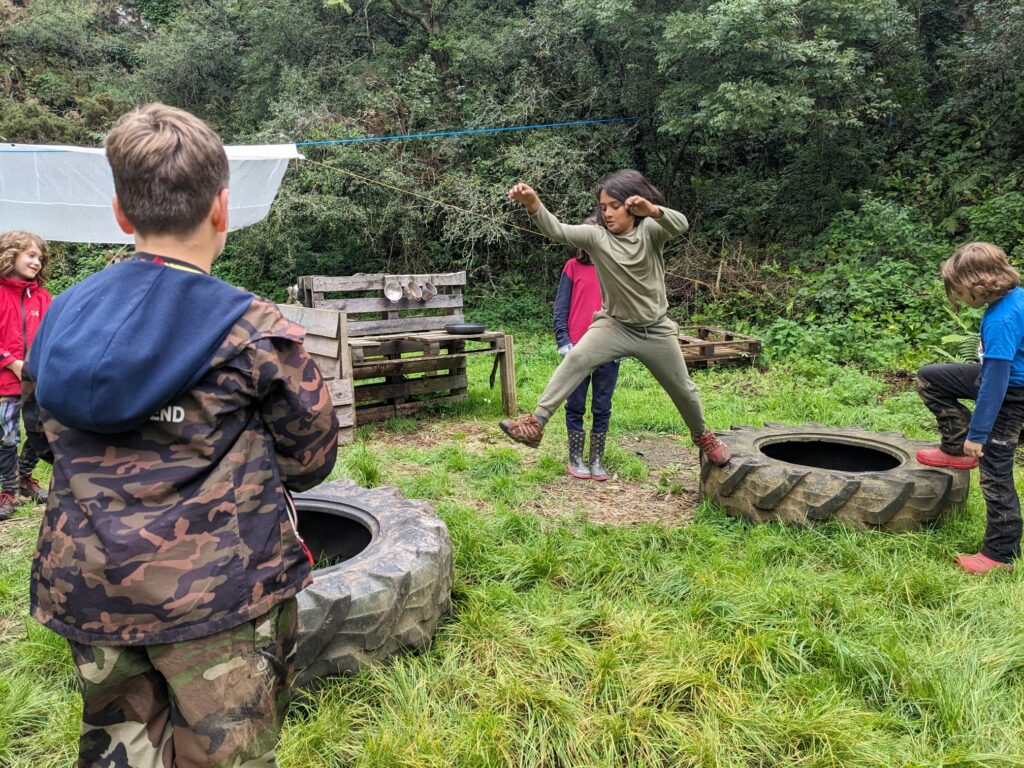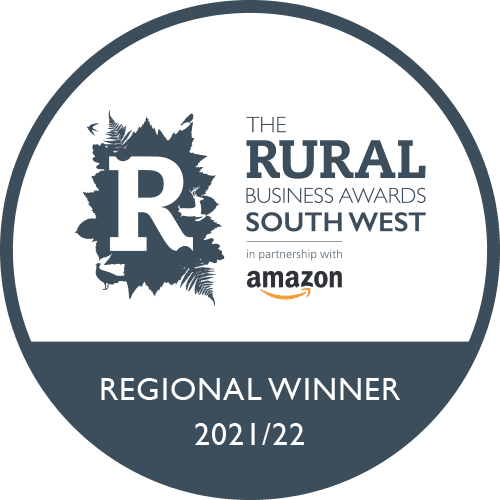Today marks the sixth annual Forest School Day, a day to celebrate all things Forest School! To mark the occasion, we’ve launched the fourth series of The Outdoors Group Podcast with a special episode in which we spoke to our Head of Forest Schools, Nick Murphy, all about Forest School. He started the podcast by explaining the six principles that underpin this philosophy and we thought we’d take a moment to share them here as they are a fantastic foundation to explain why we do things the way we do.
Before we take a look at the list, we will put in a disclaimer that one of the amazing things about Forest School that we love is that it is not prescriptive! These are guiding principles for practitioners to keep in mind whilst they put their own twist on how they deliver sessions, not a set of strict rules that need to be stuck tightly too. So with that said, let’s have a look at what the six principles are…
Long Term Process
Ideally, kids (or indeed adults) will attend sessions regularly for a duration of time where they are able to experience different weathers and seasons in the outdoors. This long term process helps them to make something for themselves out of Forest School as they get to grips with being at sessions and explore what they want to get out of it. The long term nature of Forest School also lends itself beautifully to the building of communities as those attending have the chance to develop relationships with their peers and then reap the natural benefits that come from being part of a community.
Takes Place in a Natural Environment
Nature is great at inspiring kids! There’s always something to find, something to discover, something to climb, something to explore. It is a sensory rich environment which is great for developing young minds but is also calming in that there are no artificial lights, no loud bells, no building up of noise within the confines of a room or building. There is a lot of research out there about why it’s good for our physical and mental health to be outside (specifically around trees) so this one is a bit of a no brainer really!
Adopts a Holistic Approach to Development
Forest School is about developing all aspects of an individual or group. As a practitioner, we might want to teach a certain set of skills but the real question is, what do our attendees want to learn/know? Taking a holistic approach means we think about being active, about building emotional intelligence, about how we treat each other, about nurturing our community, and about giving freedom and choice to our attendees where possible.
Supportive Risk Taking
There are risks at Forest School sessions, we use sharp tools, we have fires, it takes place in a natural environment full of trip hazards, things that sting, things that can bite. But that doesn’t mean we stop accessing this environment or experiencing these activities. It means that we empower our attendees to identify and deal with risks and give them support to do so. This builds resilience and creates transferable skills that they can take to other areas of their lives.
Run by Qualified People
There is a qualification to demonstrate you know what Forest School is, what it’s trying to achieve and to ensure that you are safe in delivering sessions! We are proud to have been delivering this Forest School Leader Training for almost a decade, go and have a look at what involves if we’ve piqued your interest! After the initial qualification, we encourage our Forest School Leaders to engage in CPD, to keep up to date with what’s best practice, and to make sure they stay in love with what they’re doing.
Learner Focused
As practitioners, we need to ensure that we think about what each individual is getting out of sessions, and support them with what they’re looking for. Within every group, each learner has their own story, needs and differences – we aim to celebrate them and tailor our sessions to what they’re getting out of it. We want to give the young people we work with, the opportunity to be able to follow their own interests and develop their own passions and skillsets accordingly.
We hope that if you had any questions about the nature of Forest School, this has helped but please do go and listen to the podcast episode on Spotify to hear more of Nick’s musings about Forest School and some of his highlights from the last decade. That’s all for now so we’ll leave you by wishing you a very Happy Forest School Day folks!
Author: Hannah Durdin, Content Officer & Forest School Leader
Date: Friday 13th October 2023










